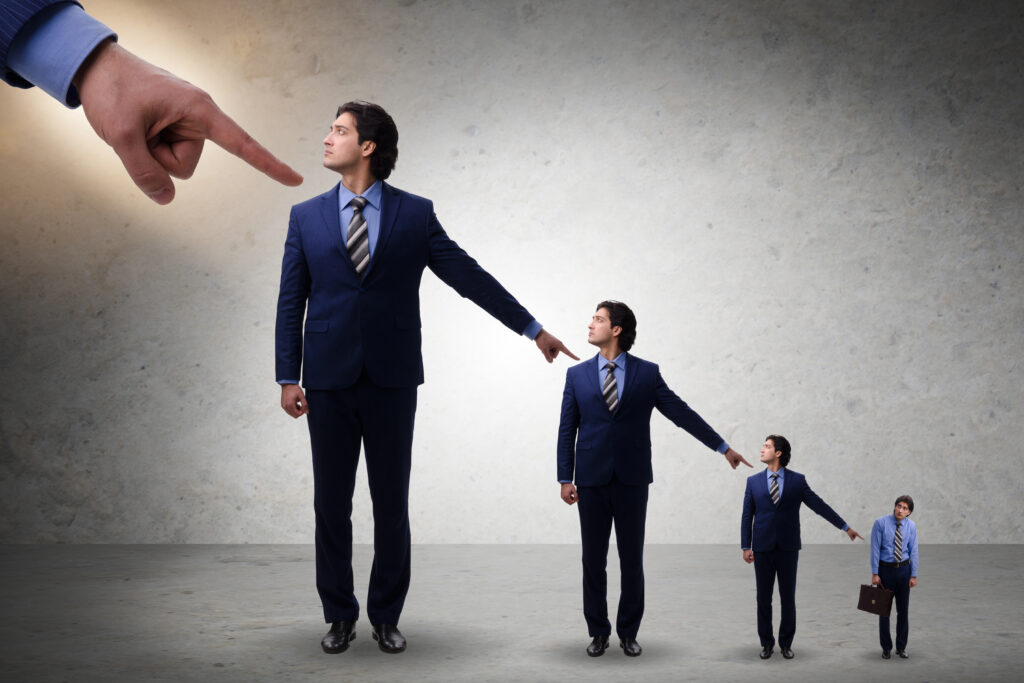
When something goes wrong, many people are quick to point fingers and play the blame game. It's easier to blame someone else than to take full responsibility for your actions, and it helps preserve our sense of self-esteem or pride. We use defense mechanisms to protect ourselves from criticism, negative consequences, attention, and whatever it is we're afraid of. It's possible that we have some deep-rooted negative experiences from our childhood that make us predisposed to acting in this way. Blaming others for our mistakes can backfire on us, leaving us wishing we never played the blame game in the first place.
Blaming others can lead to low self-esteem, feelings of worthlessness, and even permanent emotional damage, depending on the situation. Acknowledging that you have a problem is the first step to addressing it. A support system of family and friends can help you stay accountable and help you make positive changes in your life. The next time you make a mistake, try to notice your thought process; and decide whether you want to blame someone or take ownership for what you've done. Professional help is recommended to help you stop this behavior.